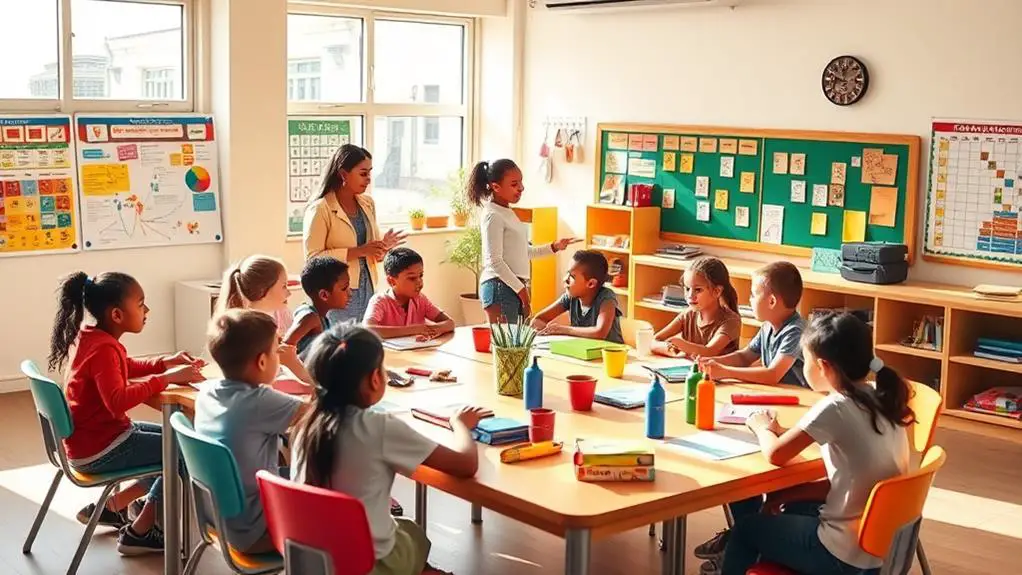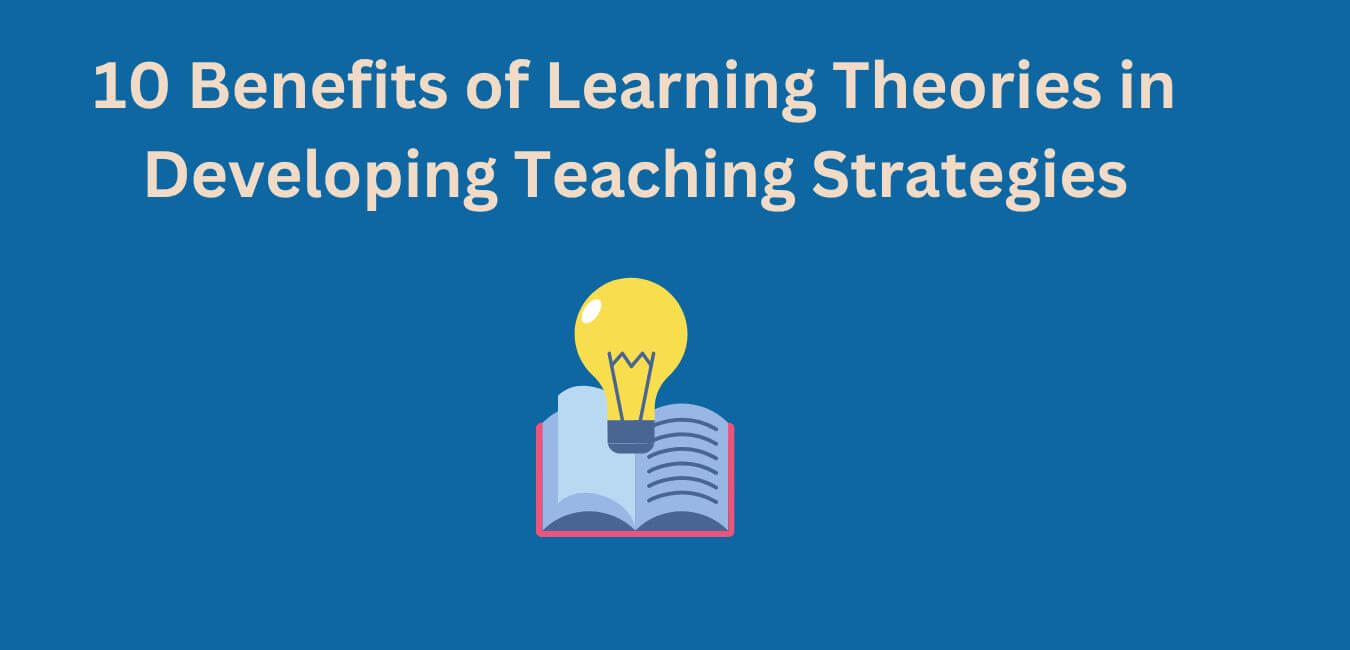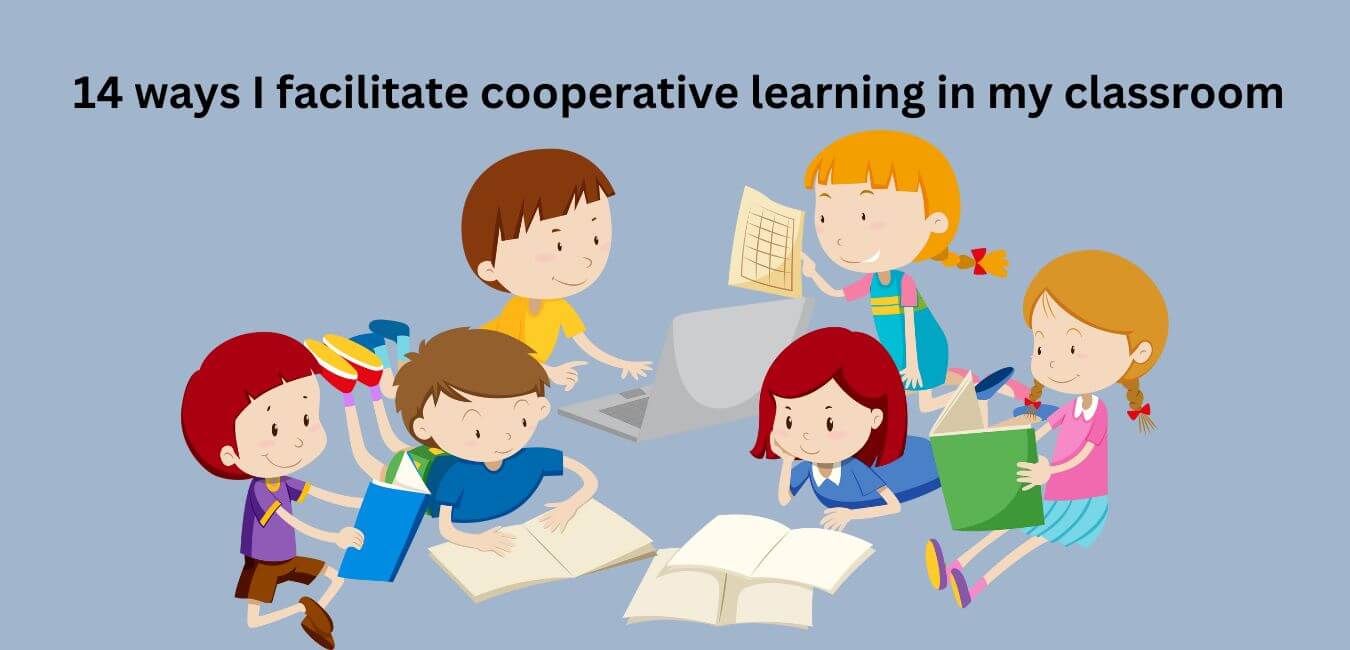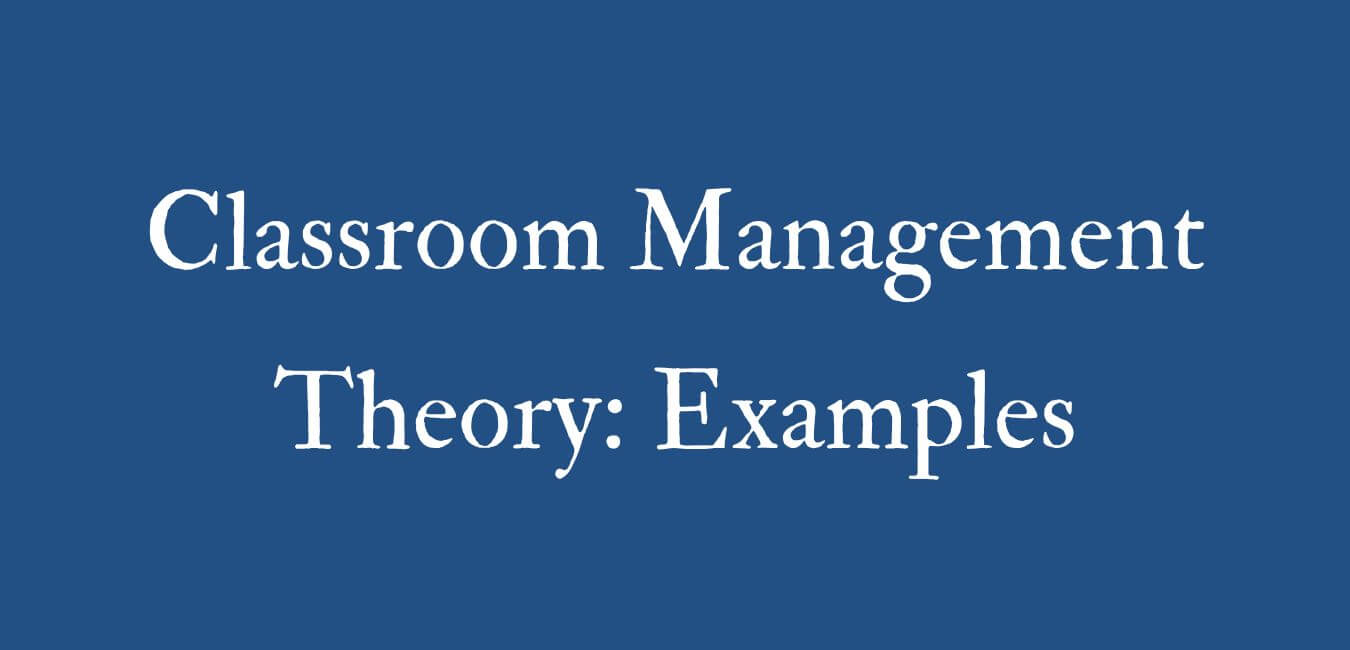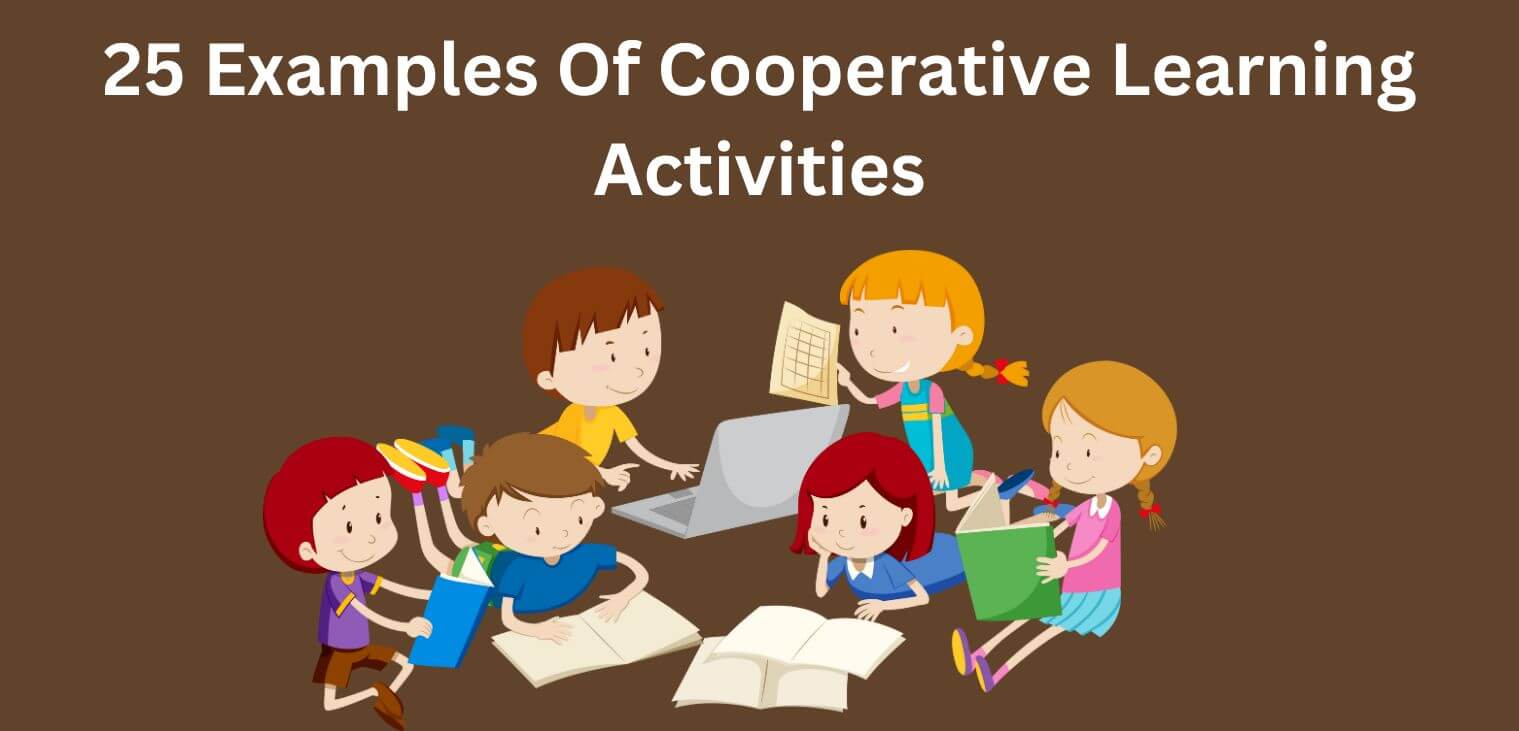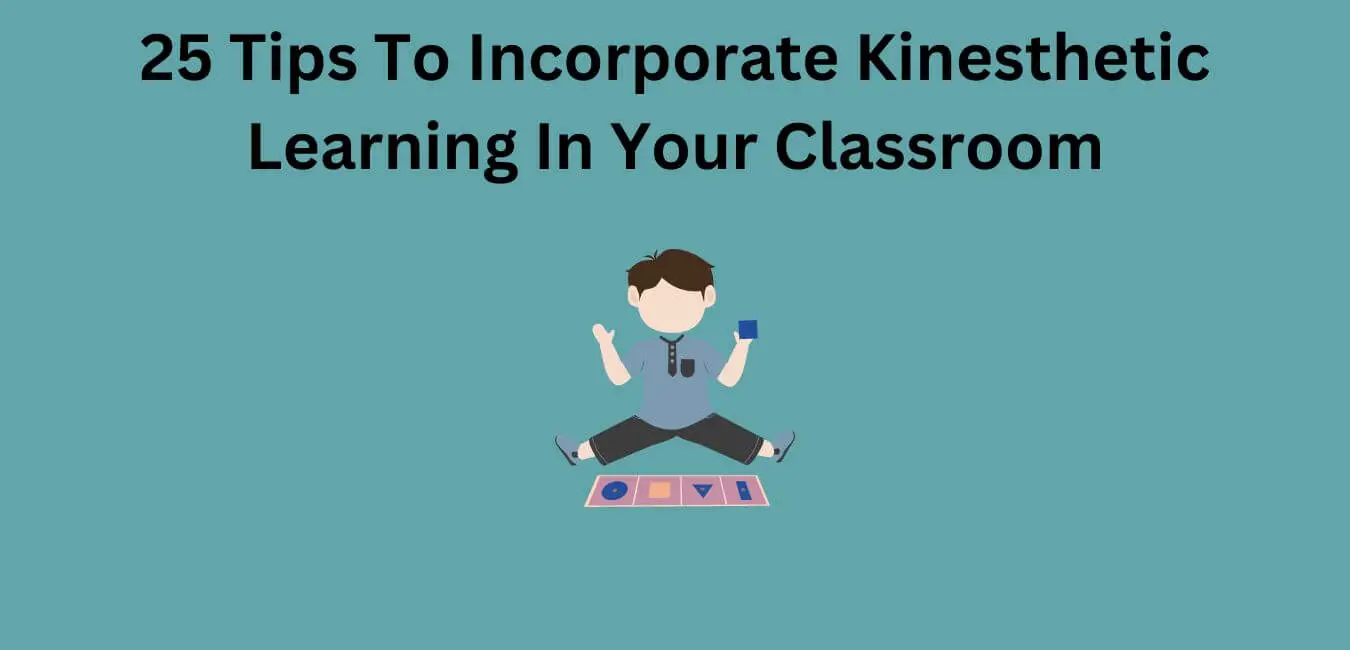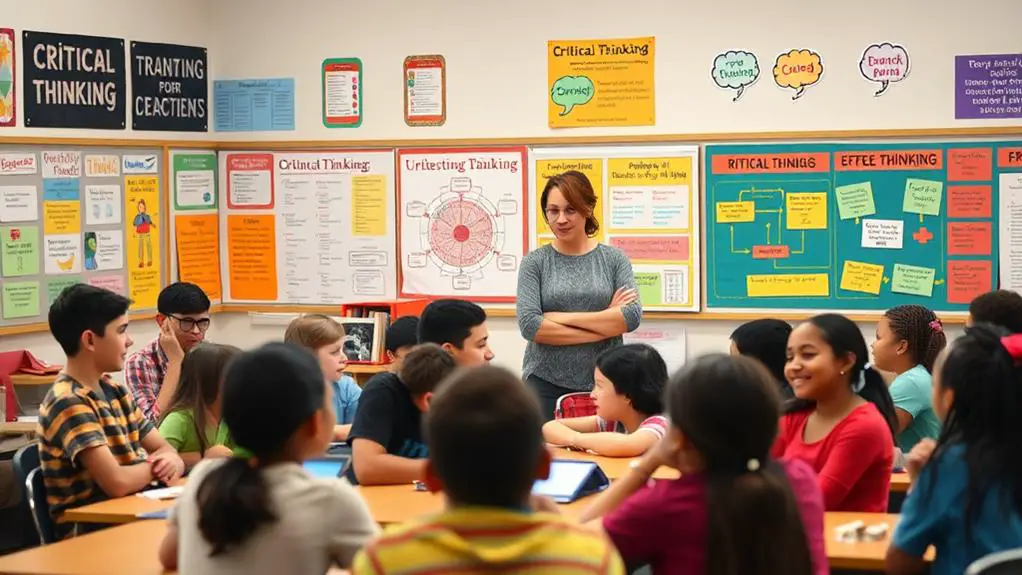Pedagogy plays a crucial role in shaping the teaching and learning experience. It encompasses various strategies and methods that educators use to enhance student engagement and comprehension.
Effective pedagogical approaches lead to improved learning outcomes, enabling students to interact with both the material and their peers in meaningful ways. When educators apply these principles in their classrooms, the transformation in student participation and understanding can be remarkable.
For example, incorporating collaborative learning techniques can foster teamwork and critical thinking, while inquiry-based learning encourages students to explore topics deeply and develop their problem-solving skills.
Understanding the significance of pedagogy allows teachers to create dynamic and supportive learning environments tailored to their students’ needs.
Understanding Pedagogy
Understanding pedagogy is essential for effective teaching and learning. It serves as the foundation for creating a positive classroom environment where students feel a sense of belonging. Mastering pedagogical principles enables educators to design stimulating learning experiences that promote collaboration and active participation among learners.
Constructivist theories highlight the significance of hands-on learning, where knowledge is constructed through experiences and interactions with others. Implementing these theories leads to the development of instructional strategies that resonate with both peers and students, enriching the educational experience.
Insights from educational psychology are invaluable in this process, as they provide clarity on how individuals learn and what drives their motivation. This understanding allows for a tailored approach that fosters inclusivity and ensures that every student is acknowledged and valued.
When considering instructional design, it’s important to focus not only on content delivery but also on cultivating a community of learners. Prioritizing pedagogy means fostering growth, critical thinking, and a collective sense of purpose.
Embracing these principles creates an environment where all participants can thrive together, resulting in a more meaningful and impactful learning journey.
Pedagogical Strategies
Effective pedagogical strategies are crucial for engaging students and enhancing their learning experiences. Implementing a variety of teaching approaches fosters a dynamic and inclusive classroom environment where all students feel valued. Here are some essential strategies to consider:
- Constructivist approaches: These strategies encourage students to actively construct their own understanding through hands-on experiences. For instance, a science class might involve conducting experiments to grasp complex concepts.
- Collaborative learning: This method promotes teamwork, allowing students to work together on projects. For example, in a history class, students could collaborate on a presentation about a significant event, learning from each other in the process.
- Technology integration: Utilizing digital tools can enhance learning and connect students with a wealth of resources. Tools like interactive simulations and educational apps can make lessons more engaging and informative.
Implementing inquiry-based learning allows students to investigate topics that spark their curiosity. This approach, combined with experiential activities, ensures that learning is grounded in real-world contexts, making it more relevant and applicable.
Adopting student-centered methods empowers learners to take an active role in their education, leading to greater investment in their learning journey.
These strategies not only boost student engagement but also foster a sense of belonging, as students collaborate, investigate, and grow together.
Impact on Student Engagement
Student engagement plays a crucial role in effective learning, significantly impacting motivation and academic achievement. Participating in interactive activities enhances your understanding of concepts and strengthens your connections with classmates. Collaborative learning environments foster a sense of belonging, enabling the exchange of ideas and peer learning.
Incorporating technology into lessons can enhance engagement further. Tools such as online discussion platforms and educational apps create a dynamic learning atmosphere, allowing exploration of topics that pique your interest.
Engaging in experiential learning, like hands-on projects or real-world applications, demonstrates the relevance of your studies, making the experience more impactful.
Promoting student autonomy is vital for sustained engagement. When you have control over your learning journey, you’re more likely to dedicate time and effort. Strategies such as setting goals and using positive reinforcement can maintain motivation and inspire continued participation.
When you actively engage in your learning, your motivation increases, leading to improved academic outcomes and a stronger sense of community.
Assessment and Feedback
Effective teaching actively involves assessment and feedback, which are crucial for enhancing your learning experience. This ongoing process enables you to gauge your current standing and identify what actions are necessary to reach your educational goals.
Employing formative assessment techniques provides you with valuable feedback that fosters your development.
Consider these three essential components:
- Self Assessment: Evaluating your own performance allows you to pinpoint your strengths and weaknesses, guiding your educational path.
- Peer Evaluation: Working with classmates introduces a variety of perspectives that enrich your understanding and build a sense of community.
- Feedback Loops: Consistent feedback informs you about your progress, ensuring alignment with assessment standards and performance benchmarks.
Engaging in these practices not only hones your skills but also cultivates an environment where everyone can succeed.
Embracing assessment and feedback means you take an active role in your learning journey, boost your confidence, and contribute to a shared sense of belonging.
Growth is the objective, and each piece of feedback serves as a stepping stone toward achieving success.
Adapting to Diverse Learners
Adapting to diverse learners is crucial for fostering an inclusive classroom. Recognizing the varied backgrounds and experiences of each student creates a supportive environment that enhances learning. Embracing cultural responsiveness allows educators to honor and celebrate the diversity present in their classrooms, validating students’ identities and enriching the overall educational experience.
To effectively address the unique needs of each learner, individualized instruction is vital. Every student possesses different strengths and challenges, and customizing teaching methods can significantly increase their engagement and success.
Employ a variety of instructional strategies, including group work, hands-on activities, and technology integration, to accommodate different learning styles.
Promoting open discussions about cultural differences cultivates a sense of connection and understanding among students. Providing opportunities for them to share their viewpoints and experiences can foster empathy and respect within the classroom community.
Implementing these practices not only supports academic success but also helps create a welcoming environment where every student feels appreciated.
Your dedication to adapting to diverse learners can profoundly influence their educational journey.
Conclusion
Effective pedagogy plays a crucial role in creating a dynamic learning environment where every student has the opportunity to succeed. For instance, consider a teacher who integrates interactive technology into a history lesson. This strategy allows students to collaborate on a virtual project focused on ancient civilizations, actively engaging them in the learning process. Such an approach ignites curiosity and accommodates various learning styles, ensuring inclusive participation. By utilizing a range of teaching methods, educators empower their students and cultivate a lasting passion for learning. This adaptability is vital in today’s diverse classrooms, as it not only enhances understanding but also prepares students for future challenges.

